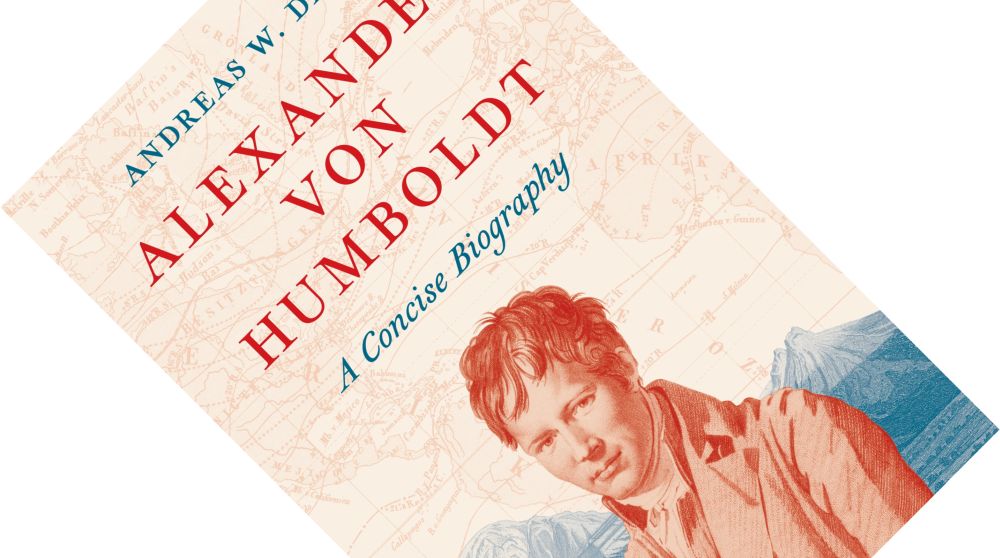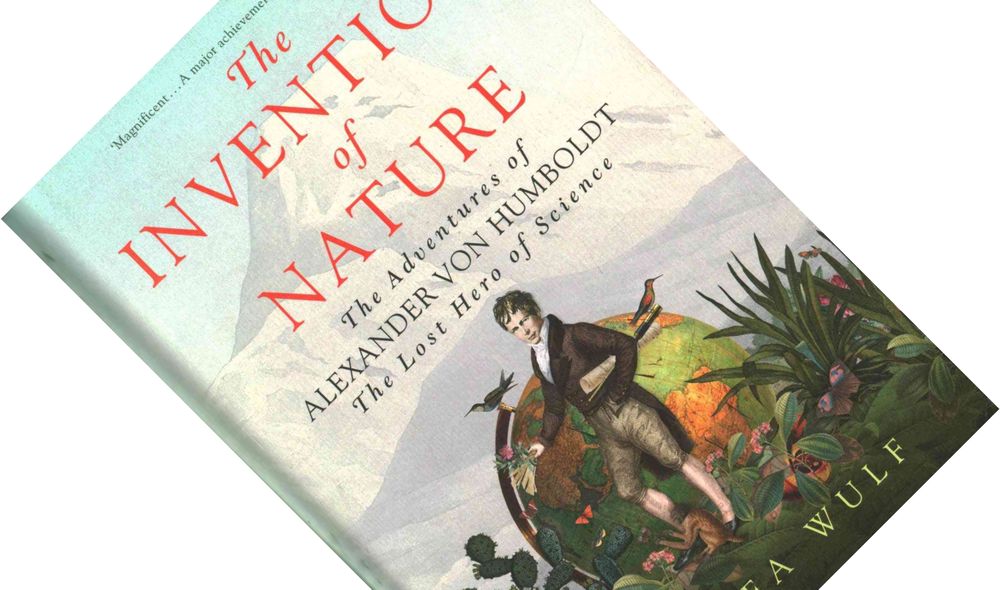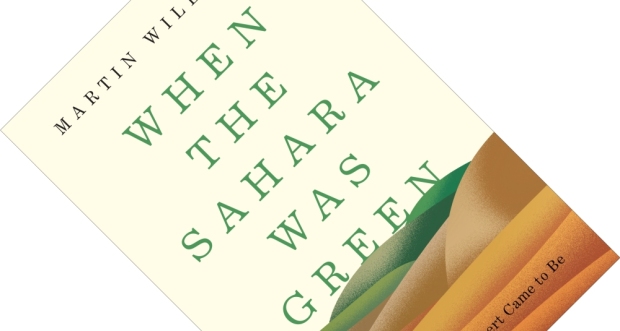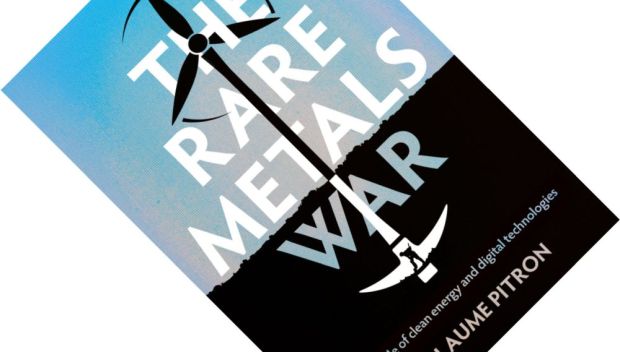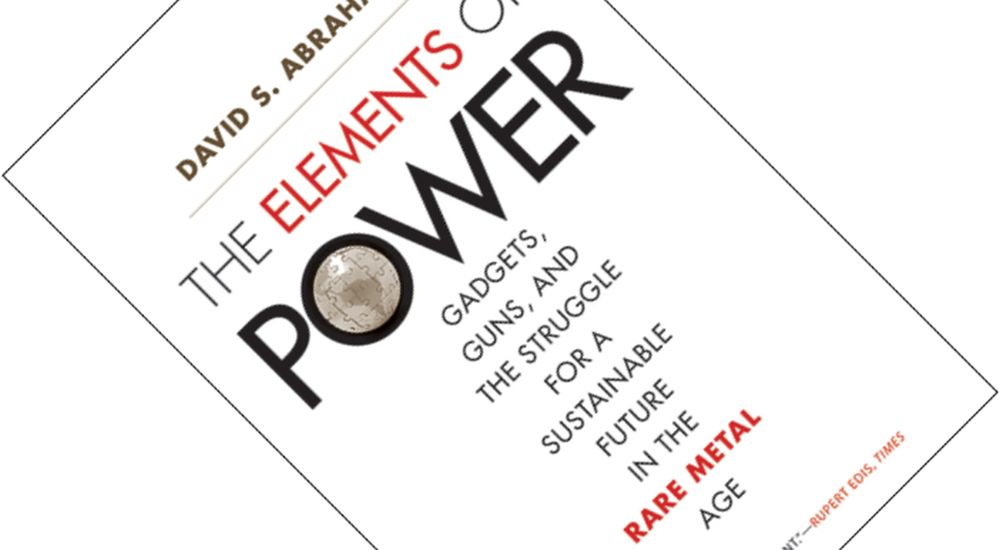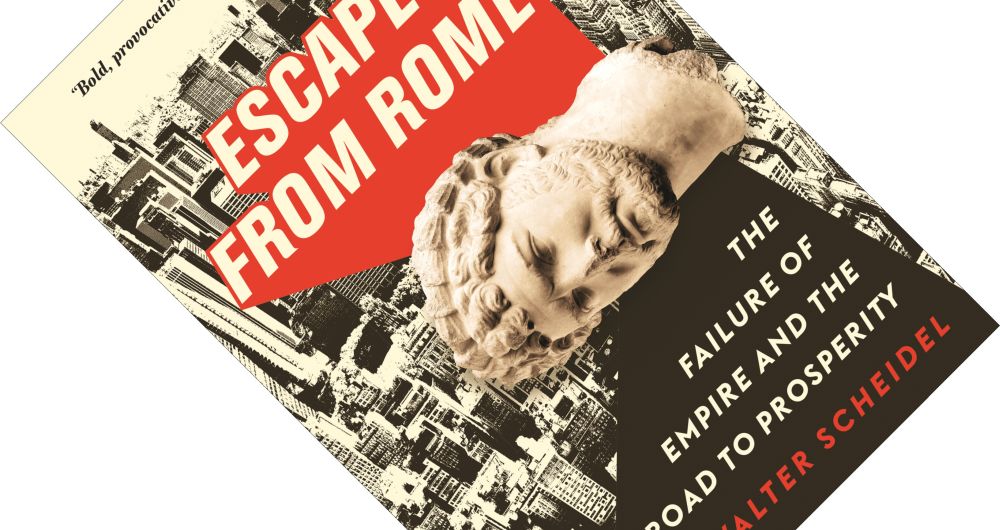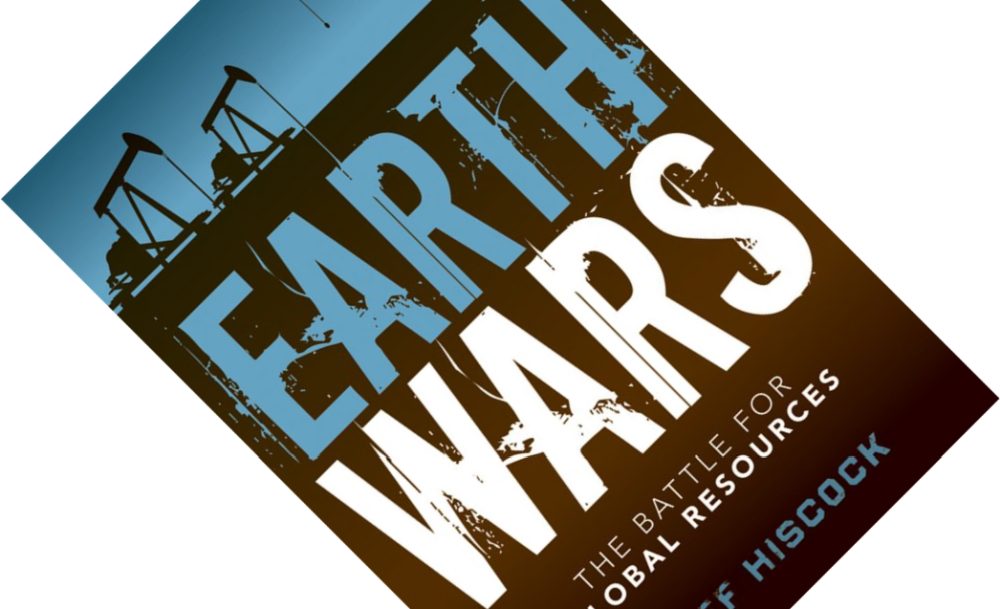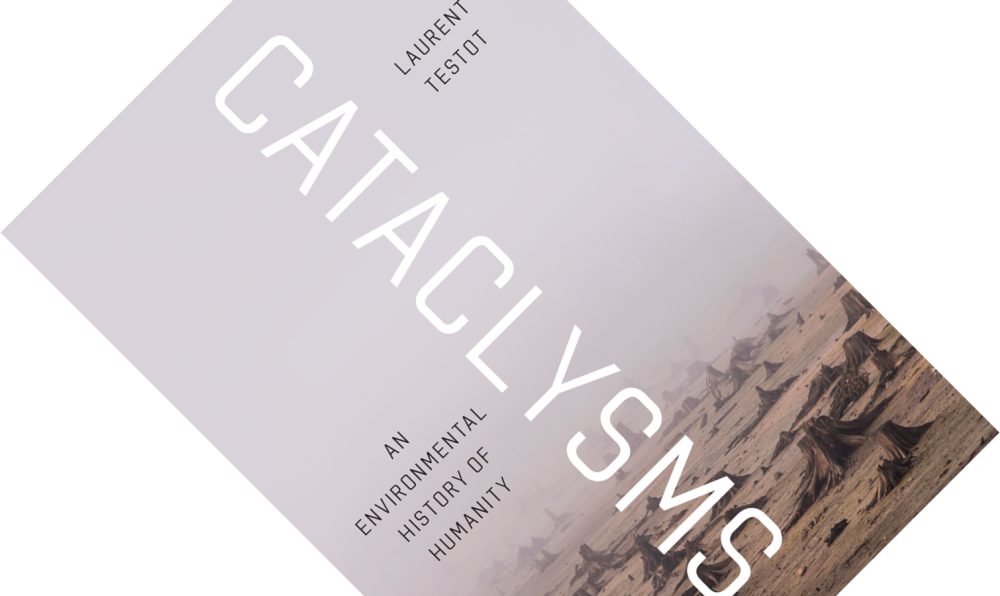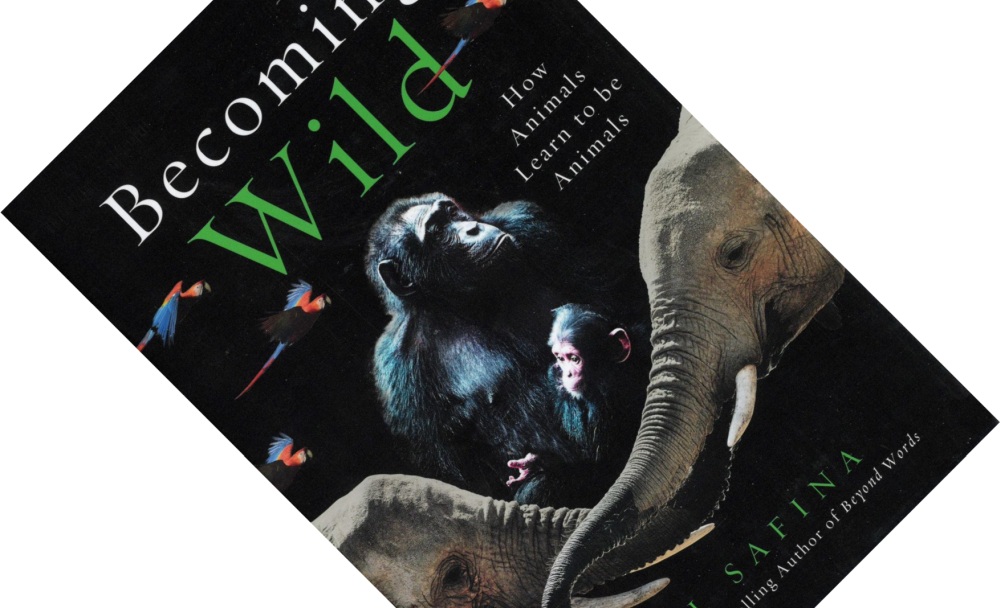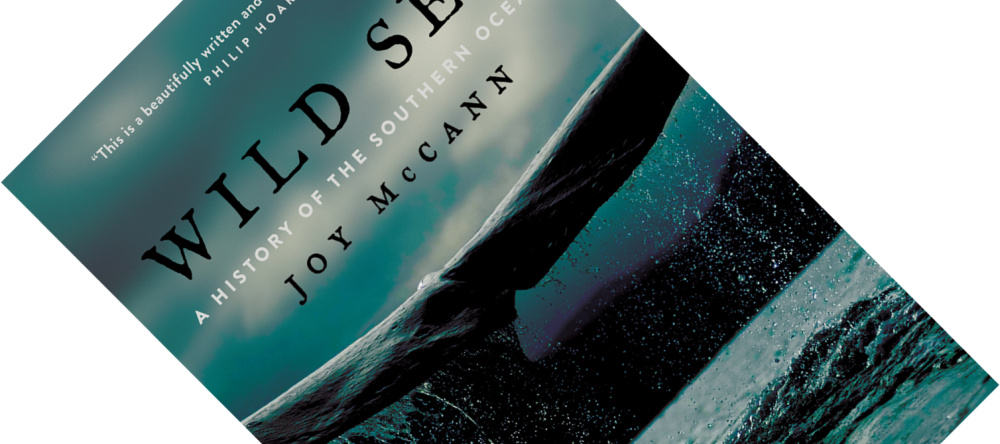9-minute read
keywords: biography, history of science
Until two weeks ago, Humboldt was one of several famous past scholars I only knew by name. Last month’s release of this short biography was the perfect opportunity to fill this knowledge gap, so I sat down to compare it with Andrea Wulf’s The Invention of Nature, which received widespread acclaim ten years ago. Historian Andreas W. Daum shows that good things come in small packages and delivers a factual, nuanced, and admirably concise biography. It also confirmed that reading two biographies back-to-back is a rewarding and instructive exercise. This, then, is the second of a two-part review of the long and remarkable life of Prussian naturalist, scholar, and explorer Alexander von Humboldt.

